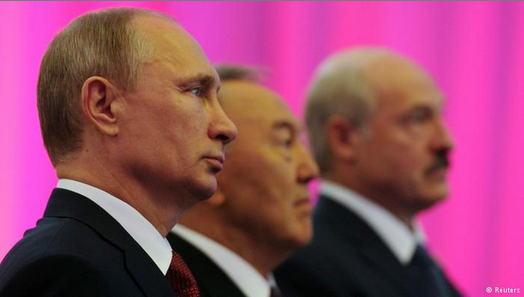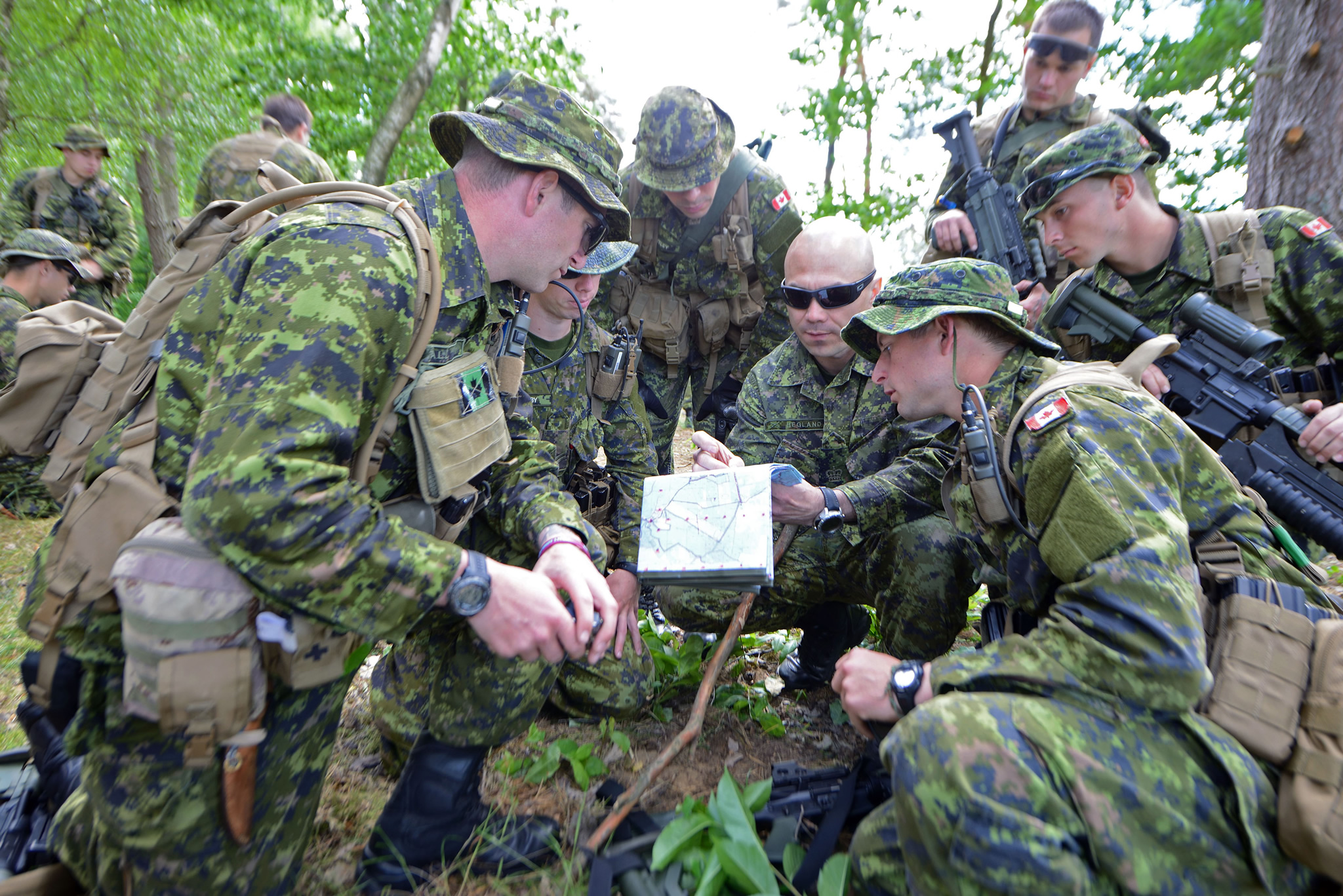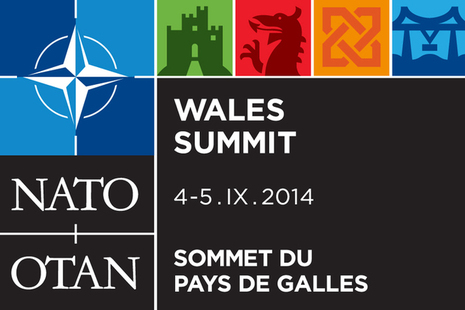On October 3, 2014 Russian President Vladimir Putin signed a law that ratified the creation of a Eurasian Economic Union (EEU) with Belarus and Kazakhstan. The EEU, which creates a single economic market, will enter into force on January 1, 2015. Armenia is also expected to join the agreement soon.
Given the ongoing situation in Ukraine, it might be tempting to see this as a symbolic act of defiance against NATO countries or even a reaction to sanctions. However, this ignores the broader context of Russian relations with its periphery. Indeed, the EEU can equally be seen as an effort by Russia to solidify its privileged position as China intensifies economic cooperation with Central Asia and Eurasia. Specifically, the EEU should be seen as a progression of the existing customs union EurAsEC.
Russia and China cooperate politically, including as fellow BRICS countries and on matters pertaining to terrorism through the Shanghai Cooperation Organization (SCO). They also have substantial economic ties. But this is a new phenomenon. Up until 2001, the Sino-Russian border was militarized – a reminder that the two states had nearly gone to war in the past half century and that the two countries’ interests diverge.
Russia, which relies heavily on energy exports, is not keen to lose its unique market position. It also views itself as having a historical, exclusive right to influence surrounding states. As such, Russia has set up several organizations to coordinate its relations with its neighboring countries. The Commonwealth of Independent States (CIS), established as a successor to the Soviet Union, is an alliance – albeit a somewhat toothless one. A second organization, the Collective Security Treaty Organization (CSTO), is a military alliance with fewer states. It includes a collective security provision similar to Article 5 of NATO’s Washington Treaty. Russia has also established economic organizations with surrounding states. The EEU is a progression from the existing customs union, the Eurasian Economic Community (EurAsEC), which includes Russia, Belarus, Kazakhstan, Kyrgyzstan, and Tajikistan.
China, for its part, has two main interests in Central Asia: first, to increase its trade to help develop the volatile Xinjiang Province and, second, to find new sources of oil and natural gas for energy security. When the Soviet Union collapsed, China saw its opportunity. It quickly recognized the newly independent Central Asian states and sought to resolve outstanding territorial disputes. Through this effort, the Shanghai Group of Five States emerged as a mechanism for diplomatic relations, which then became the Shanghai Cooperation Organization in 2001. The SCO relies on consensus-based decision-making and voluntary action. It has two permanent organs: a Secretariat and the Regional Anti-Terrorist Structure.
China’s number one priority in the SCO is establishing a free trade zone, which it first proposed in 2002, projecting that it would be implemented within fifteen years. The goal was incorporated into the SCO’s ‘Outline of Multilateral Economic and Trade Cooperation’, endorsed at the SCO Prime Ministers’ Conference in 2003.
Russia has since continually blocked attempts to establish a free trade zone in order to preserve its privileged trade position with regional players. Through EurAsEC, Russia has a trade advantage. It does not have to pay tariffs when exporting to members, especially Central Asian countries. The EEU, by creating a single market, further entrenches this advantage as a way to mitigate China’s growing economic influence on Russia’s periphery.



